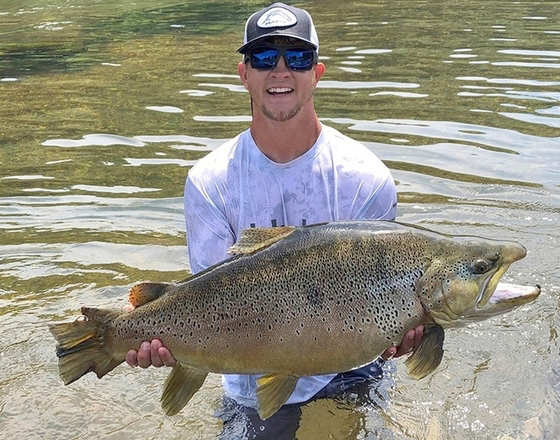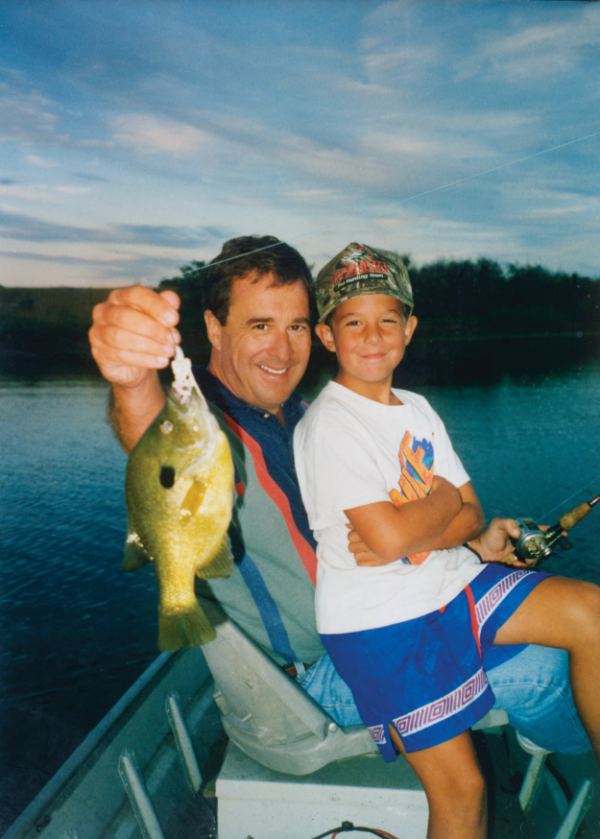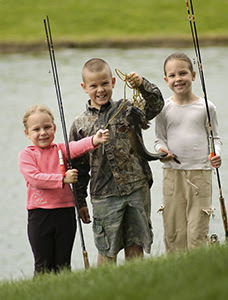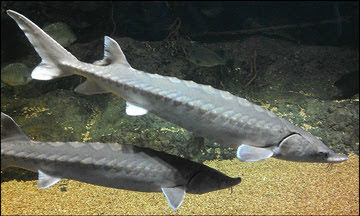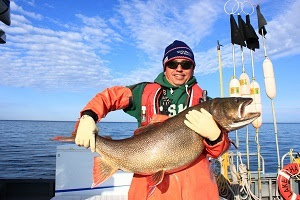By Glen Wunderlich
The anti-hunting, anti-fishing groups led by the Center for Biological Diversity (CBD) have sent a notice of their intent to sue the U.S. Fish and Wildlife Service for failing to respond to a 2018 petition seeking Endangered Species Act protection for the lake sturgeon.
According to CBD, many states and tribal organizations are working to restore lake sturgeon spawning populations. But, most populations have not recovered from overfishing, and dams still block access to former spawning and rearing habitats. Continued threats include new proposed dams and hydroelectric facilities, excessive water diversions, pollution, river dredging and channelization, invasive species and climate change.
The question is whether eliminating fishing for the majestic fish will achieve the stated goal of recovering the lake sturgeon to historic population levels, because that’s what “protection” means to these short-sighted groups. But, if we are to believe the stated reasons for the decline of the sturgeon populations, what exactly do these groups expect the federal government to do about them?
*Over-fishing – This year’s sturgeon season on Black Lake (Cheboygan County, Michigan) ended at 9:18 a.m. Saturday, Feb. 2 – after only 78 minutes of fishing.
The fishing season, which included spearing or hook-and-line fishing, was scheduled to run Feb. 2-6, or until the harvest quota had been reached. This year’s allocation of sturgeon for Black Lake anglers was seven fish, although Department of Natural Resources officials set a harvest quota of six fish.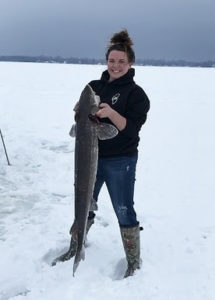
There were 403 registered anglers on the ice Saturday, slightly down from 422 the year before. So, this is over-fishing?
*Dams need to go – Hydro-electric dams may prevent the fish from former spawning areas, but are we really going to eliminate them or do we really require such drastic action for the sake of the fish? The simple answer is no. We have installed other rearing facilities to compensate for the loss of habitat.
*Pollution – We can minimize air and water contaminants and have actually done so, but to return to the age of candle-lit lanterns and hand pumping water from the ground is asinine.
*River dredging and channelization – During heavy rain season, restricted river flow may result in flooding of local areas. This can result in major property damage, negative impact on tourism and local businesses, and can even be life-threatening. River dredging describes blockage removal with a dredge to maintain natural water flow. So, we have to cut this out, too?
*Invasive species – All we have to do is to stop all foreign ships from entering our waters and we will have cut off the supply of many of the troublesome creatures that come with them. This is about as likely to happen as the sun rising in the West.
*Climate change – This is always a red herring to add to the reasons for cold or hot weather that we humans could control.
These unrealistic goals of the fish lawyers are sound reasons to dismiss such changes in current management practices. In the past 20 years habitat projects have been increased substantially, while research has led to better regulations and sustainable use.
Even though we will never bring the sturgeon back to its numbers of yesteryear, we are on the path to sustainable use and harmony with the forgotten animal – the human one.
